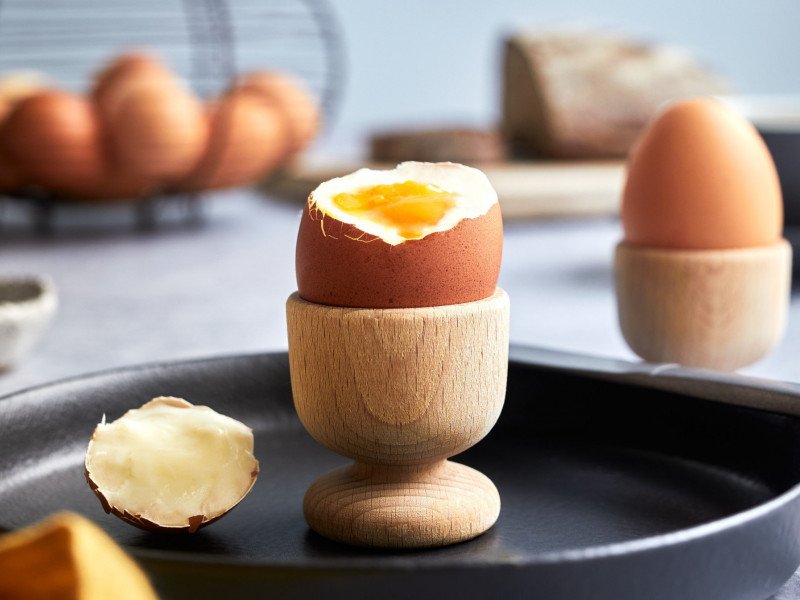Researchers have recognized an essential protein in old, terrible-best C. Elegans eggs. When they blocked this protein halfway via the fertile window, the equal of a girl in her early thirties, they correctly prolonged egg viability beyond the everyday span. Another test that knocked out this protein’s genes entirely extended the worms’ fertility by approximately 10 percent. If carried out to people, that might constitute a 3- to 6-12 months extension of girl fertility. Princeton University researchers led by Coleen Murphy have identified an essential protein in old, negative-first-

class C. Elegans oocytes (unfertilized eggs): cathepsin B. When they administered a cathepsin B inhibitor midway through the fertile window — on day 3 of the worms’ adulthood, the equal of a woman in her early 30s — they efficaciously extended egg viability past the average span. The picture on the left suggests a computer virus at the start of its reproductive window (day 1 of maturity) with wholesome, squarish, unfertilized eggs. Worms who did not get the treatment (top proper) have abnormally small, misshapen eggs from day 7 of adulthood. Worms that did acquire the inhibitor (decreased properly) nevertheless have healthy, squarish eggs on the day.
Women had been advised for years that if they do not have children until their mid-30s, they will Coleen Murph have children before their mid-30sy has a diagnosis that extends egg viability in worms, even identified midway through the fertile window, which can theoretically expand ladithroughfertility via three. This year. Her paintings appewomen’s fertility by day trouble of the coursework appears in the current issue traits of getting older is the loss of repromote capability in mid-maturity,” said Murphy, a professor of molecular biology and the Lewis-Sigler Institute for Integrative Genomics. “Asatrly because the mid-30s, girls start to experience declines in fasy, expanded rates of miscarriage and maternal age-associated beginning defects.
All of these troubles are the idea to be due to declining egg excellence in place of a loss of eggs. When she reviewed the excellence of aging and reproductive fitness approximately a decade ago, she discovered that this precise query — a way to preserve egg first-class with researchers from each field out age — had been left out by researchers from each field. “It’s n missing something crucial to loads of people. We wondered whether we should do anything to contribute to that. Murphy, the director of the Paul F. Glenn Laboratories, also searched at Princeton, specializing in a microscopic trojan horse, caenospecializes, and imimprovingurability. These worms have many equal genes as people, including people who force the aging approaches in their 3-week-long lives. Several years ago, researchers in her lab found that C. Elegans no longer the handiest exhibits a similar mid-lifestyle decline in reproduction. Their unfertilized eggs (oocytes) showed comparable decreases in high-quality with-age human eggs.





